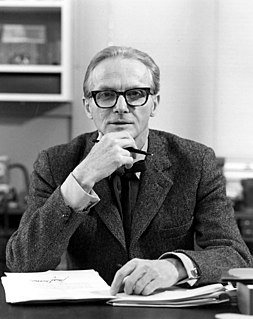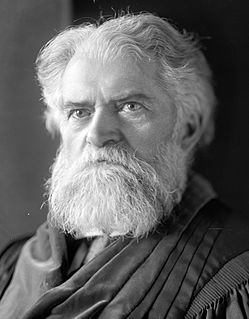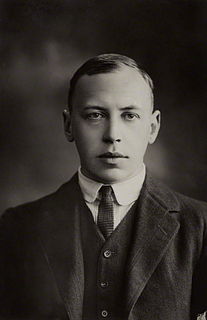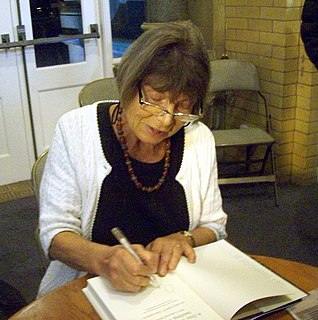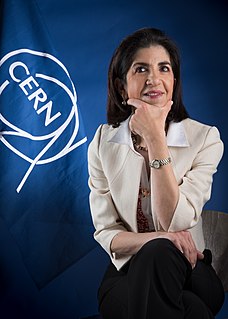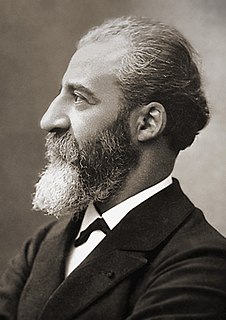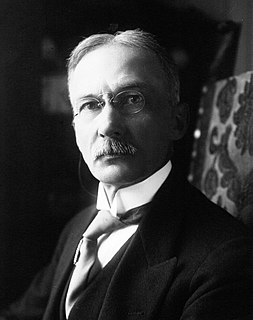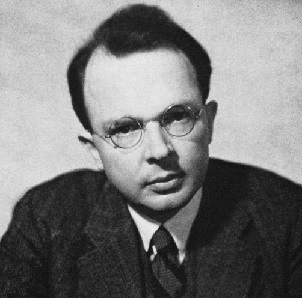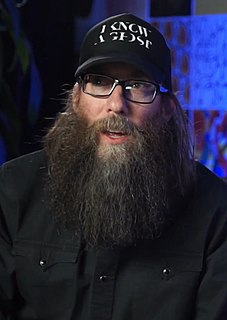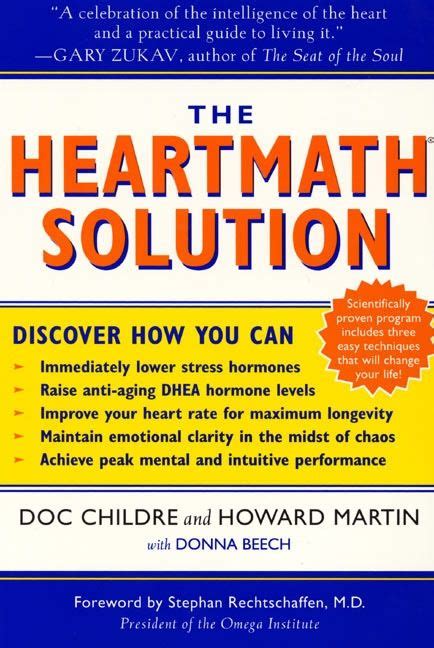Top 1200 Scientific Discovery Quotes & Sayings - Page 3
Explore popular Scientific Discovery quotes.
Last updated on November 15, 2024.
For the pre-Darwinian age had come to be regarded as a Dark Age in which men still believed that the book of Genesis was a standard scientific treatise, and that the only additions to it were Galileo'a demonstration of Leonardo da Vinci's simple remark that the earth is a moon of the sun, Sir Humphrey Davy's invention of the safety lamp, the discovery of electricity, the application of steam to industrial purposes, and the penny post.
It may be that the invention of the aeroplane flying-machine will be deemed to have been of less material value to the world than the discovery of Bessemer and open-hearth steel, or the perfection of the telegraph, or the introduction of new and more scientific methods in the management of our great industrial works. To us, however, the conquest of the air, to use a hackneyed phrase, is a technical triumph so dramatic and so amazing that it overshadows in importance every feat that the inventor has accomplished.
Our schools offer no conception of the scientific process of discovery. They do not encourage creative thought, in fact, they stifle it through too much rigidity in teaching. If we set out to give as little help as possible to originality in science, we could hardly devise a better plan than our education system. Youngsters ought to be told what is unknown about ourselves and our universe as well as what is known.
When you believe you have found an important scientific fact, and are feverishly curious to publish it, constrain yourself for days, weeks, years sometimes, fight yourself, try and ruin your own experiments, and only proclaim your discovery after having exhausted all contrary hypotheses. But when, after so many efforts you have at last arrived at a certainty, your joy is one of the greatest which can be felt by a human soul.
As religion is now practiced and science is now practiced, there is no intersection between the two. That is for certain. And it’s not for want of trying. Over the centuries, many people—theologians as well scientists - have tried to explore points of intersection. And anytime anyone has declared that harmony has risen up, it is the consequence of religion acquiescing to scientific discovery. In every single case.
The story of scientific discovery has its own epic unity-a unity of purpose and endeavour-the single torch passing from hand to hand through the centuries; and the great moments of science when, after long labour, the pioneers saw their accumulated facts falling into a significant order-sometimes in the form of a law that revolutionised the whole world of thought-have an intense human interest, and belong essentially to the creative imagination of poetry.
Groups do not have experiences except insofar as all their members do. And there are no experiences... that all the members of a scientific community must share in the course of a [scientific] revolution. Revolutions should be described not in terms of group experience but in terms of the varied experiences of individual group members. Indeed, that variety itself turns out to play an essential role in the evolution of scientific knowledge.
The basic question that the 'new science' raises for our balance sheet is the issue of what scientific questions have not been asked for 500 years, which scientific risks have not been pursued. It raises the question of who has decided what scientific risks were worth taking, and what have been the consequences in terms of the power structures of the world.
Will fluorine ever have practical applications?
It is very difficult to answer this question. I may, however, say in all sincerity that I gave this subject little thought when I undertook my researches, and I believe that all the chemists whose attempts preceded mine gave it no more consideration.
A scientific research is a search after truth, and it is only after discovery that the question of applicability can be usefully considered.
I'm a walking advertisement for PBS and for the Discovery Channel. All of my DVR settings are pretty much set to record anything that's on the Discovery Channel. I'm a big fan of 'MythBusters' and 'Deadliest Catch,' and I'm constantly watching 'Moyers & Company' and the 'NewsHour' and 'Antiques Roadshow.'
Loving yourself involves the discovery of the true wonder of you; not only the present you, but the many possibilities of you. It involves the continual realization that you are unique, like no other person in the world, that life is, or should be, the discovery, the development and the sharing of this uniqueness.
The seers of ancient India had, in their experiments and efforts at spiritual training and the conquest of the body, perfected a discovery which in its importance to the future of human knowledge dwarfs the divinations of Newton and Galileo , even the discovery of the inductive and experimental method in Science was not more momentous.
Unfortunately, there is something of a flaw in this idealized picture of the way the scientific community discovers truth. And the flaw is that most scientific work never gets noticed. Study after study has shown that most scientific papers are read by almost no one, while a small number of papers are read by many people.
But in practical affairs, particularly in politics, men are needed who combine human experience and interest in human relations with a knowledge of science and technology. Moreover, they must be men of action and not contemplation. I have the impression that no method of education can produce people with all the qualities required. I am haunted by the idea that this break in human civilization, caused by the discovery of the scientific method, may be irreparable.
Human history's the most funny and yet the most tragic discovery will be the discovery of the religious people that all religions are man-made! And this childish discovery will enable the pious to make an intellectual jump in upwards direction. The devout will turn into a progressive man and the history will flow faster in the progressive direction.
It is this claim to a monopoly of meaning, rather than any special scientific doctrine, that makes science and religion look like competitors today. Scientism emerged not as the conclusion of scientific argument but as a chosen element in a worldview - a vision that attracted people by its contrast with what went before - which is, of course, how people very often do make such decisions, even ones that they afterwards call scientific.
If Watson and I had not discovered the [DNA] structure, instead of being revealed with a flourish it would have trickled out and that its impact would have been far less. For this sort of reason Stent had argued that a scientific discovery is more akin to a work of art than is generally admitted. Style, he argues, is as important as content. I am not completely convinced by this argument, at least in this case.
Learning how to access a continuity of common sense can be one of your most efficient accomplishments in this decade. Can you imagine "common sense" surpassing science and technology in the quest to unravel the human stress mess? In time, society will have a new measure for confirming truth. It's inside the people-not at the mercy of current scientific methodology. Let scientists facilitate discovery, but not invent your inner truth.










